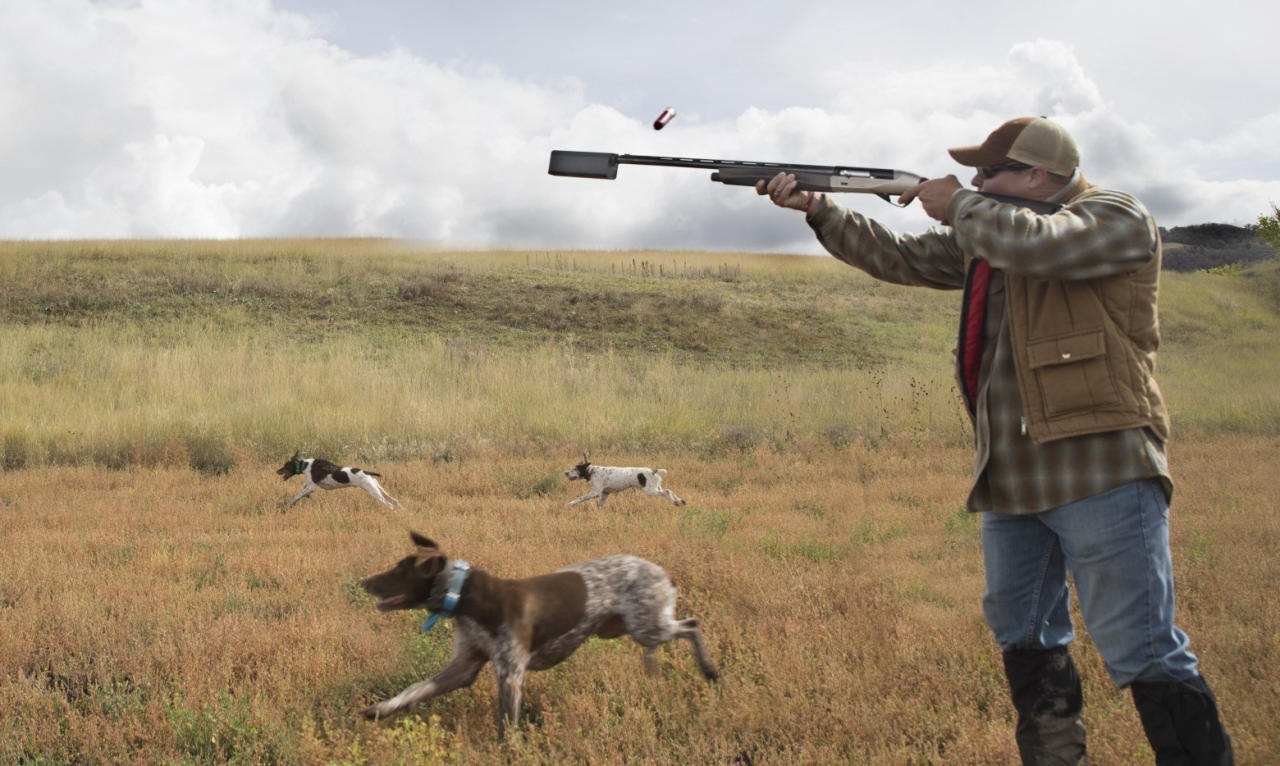
Illegal hunting, also known as poaching, is a serious issue affecting wildlife across the globe. Why is illegal hunting a problem? It threatens endangered species, disrupts ecosystems, and fuels black markets. Animals like elephants, rhinos, and tigers face extinction due to poachers seeking profit from their tusks, horns, and pelts. Did you know that illegal hunting also impacts local communities? It deprives them of tourism revenue and can lead to dangerous encounters with armed poachers. Governments and organizations worldwide are working tirelessly to combat this menace through stricter laws, better enforcement, and community education. Understanding the facts about illegal hunting is crucial for raising awareness and protecting our planet's biodiversity.
Key Takeaways:
- Illegal hunting, or poaching, harms wildlife like elephants, rhinos, and tigers. It also hurts economies and communities. Governments and conservation programs are fighting back, but education and awareness are crucial in the battle against poaching.
- Elephants, rhinos, and tigers are targeted by poachers for their valuable parts, leading to population declines. Illegal hunting also affects communities and economies, but efforts like anti-poaching laws and conservation programs are working to protect wildlife.
The Impact of Illegal Hunting on Wildlife
Illegal hunting, also known as poaching, has devastating effects on wildlife populations. It disrupts ecosystems, endangers species, and can lead to extinction.
- Elephants are a prime target for poachers due to their valuable ivory tusks. This has led to a significant decline in elephant populations across Africa and Asia.
- Rhinos are hunted for their horns, which are falsely believed to have medicinal properties. This has pushed several rhino species to the brink of extinction.
- Tigers are poached for their skins and bones, used in traditional medicine and as status symbols. This has drastically reduced their numbers in the wild.
- Marine turtles are hunted for their shells, meat, and eggs, leading to a severe decline in their populations.
- Illegal hunting of pangolins has skyrocketed due to the demand for their scales and meat, making them the most trafficked mammal in the world.
Economic and Social Consequences of Illegal Hunting
Illegal hunting doesn't just affect animals; it has broader economic and social impacts. It can destabilize communities and economies that rely on wildlife tourism.
- Wildlife tourism generates billions of dollars annually, and illegal hunting threatens this revenue by reducing animal populations.
- Communities that depend on wildlife for their livelihoods suffer economically when poaching depletes local animal populations.
- Illegal hunting funds criminal organizations, contributing to broader issues like corruption, violence, and instability.
- Anti-poaching efforts are costly, diverting resources from other critical areas such as education and healthcare.
Legal and Conservation Efforts Against Illegal Hunting
Governments and organizations worldwide are working tirelessly to combat illegal hunting through legislation, enforcement, and conservation programs.
- CITES (Convention on International Trade in Endangered Species) regulates the trade of endangered species to prevent poaching.
- Many countries have strict anti-poaching laws, but enforcement can be challenging due to corruption and lack of resources.
- Conservation programs focus on protecting habitats and creating safe environments for endangered species.
- Community-based conservation efforts involve local populations in protecting wildlife, providing alternative livelihoods to reduce poaching incentives.
- Technology, such as drones and GPS tracking, is increasingly used to monitor wildlife and catch poachers in the act.
The Role of Education and Awareness
Raising awareness about the consequences of illegal hunting is crucial in the fight against poaching. Education can change attitudes and reduce demand for illegal wildlife products.
- Educational campaigns highlight the importance of wildlife conservation, aiming to change public perceptions and reduce demand for poached goods.
- Celebrity endorsements and media coverage can bring attention to the issue, mobilizing public support for anti-poaching efforts.
- School programs teach children about wildlife conservation, fostering a new generation committed to protecting endangered species.
- Social media platforms are powerful tools for spreading awareness and rallying support against illegal hunting.
- Documentaries and films about poaching and its impact can reach a wide audience, inspiring action and change.
The Impact of Illegal Hunting
Illegal hunting, or poaching, isn't just about breaking laws. It threatens wildlife populations, disrupts ecosystems, and endangers species. Animals like elephants, rhinos, and tigers face extinction due to poaching. This illegal activity also fuels black markets, funding other criminal activities. Local communities suffer too, losing tourism revenue and cultural heritage.
Efforts to combat poaching include stricter laws, better enforcement, and technology like drones. Conservation groups work tirelessly to protect endangered species, but they need support. Public awareness and education play crucial roles in reducing demand for illegal wildlife products.
Everyone can help by supporting conservation efforts, avoiding products made from endangered animals, and spreading awareness. Illegal hunting affects us all, and collective action is essential to protect our planet's biodiversity. Let's work together to ensure a future where wildlife thrives, and ecosystems remain balanced.
Frequently Asked Questions
Was this page helpful?
Our commitment to delivering trustworthy and engaging content is at the heart of what we do. Each fact on our site is contributed by real users like you, bringing a wealth of diverse insights and information. To ensure the highest standards of accuracy and reliability, our dedicated editors meticulously review each submission. This process guarantees that the facts we share are not only fascinating but also credible. Trust in our commitment to quality and authenticity as you explore and learn with us.
